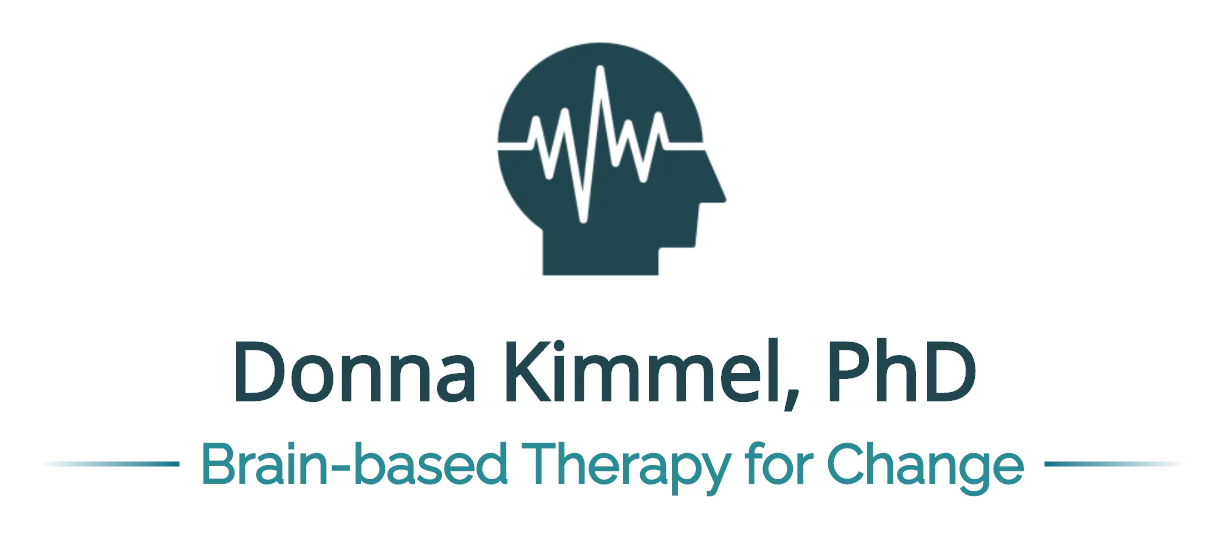The essential outcome of effective couple and marriage counseling can be defined in one word: learning. Actually, that’s what all counseling is ultimately about – learning new and modified ways of thinking, feeling and behaving in order to achieve goals.
Sometimes one member of a couple “sends” the other member for counseling – to get better, to improve, or to address his or her problems. The member who does the “sending,” blames the couple’s problems on the member with the “problematic” behavior. Guess what? That doesn’t work. Relationships that don’t meet each person’s needs result from ineffective behavior demonstrated by both members of a couple.
Sadly, it is common for one member of a couple to come in, upon the urging of their partner. The partner that comes in may not even be clear about what he or she is supposed to change – to make the other person happy. Sometimes the partner who comes in does know what the other person wants, but, for some reason, is unable to generate the behavior desired of them.
But, the truth is, both members of a couple must take responsibility for the health of an interpersonal relationship. Both members of a couple have to want the relationship to improve, to change. Both members of a couple have to engage in the dynamics of their relationship in new ways. Both members of a couple have to be willing to behave differently.
Indeed, each member has to want to please the other, to have the other’s back, to do what makes the other feel secure and loved. Within reason, each member has to be willing to do what the other needs, even if they don’t “feel like it.”
Reciprocity is what makes that work. Each respecting the other. Each listening to the other. Each expressing dissatisfaction and/or disagreement without imputing negative motivation to the other. Each being able to discuss and manage conflict without criticism, contempt, defensiveness, and stonewalling – four observable enemies of healthy relationships, according to marriage researchers, John and Julie Gottman.
Unfortunately, sometimes criticism, contempt, defensiveness, and stonewalling become habitual responses learned early in life, without even being aware of it. Obviously, then, individuals who have learned those behaviors passively, as kids, have to develop skill in identifying them, now that they have more behavioral options to choose from. It is also important to identify what triggers those reactions. Fortunately, with that knowledge, it’s possible to generate healthier reactions, especially after be exposed to and practicing a variety of alternate responses to communications that feel provocative.
I really love helping couples learn interpersonal relationship reciprocity and behavioral flexibility to increase their ability to get individual needs met and to achieve goals as a couple.
